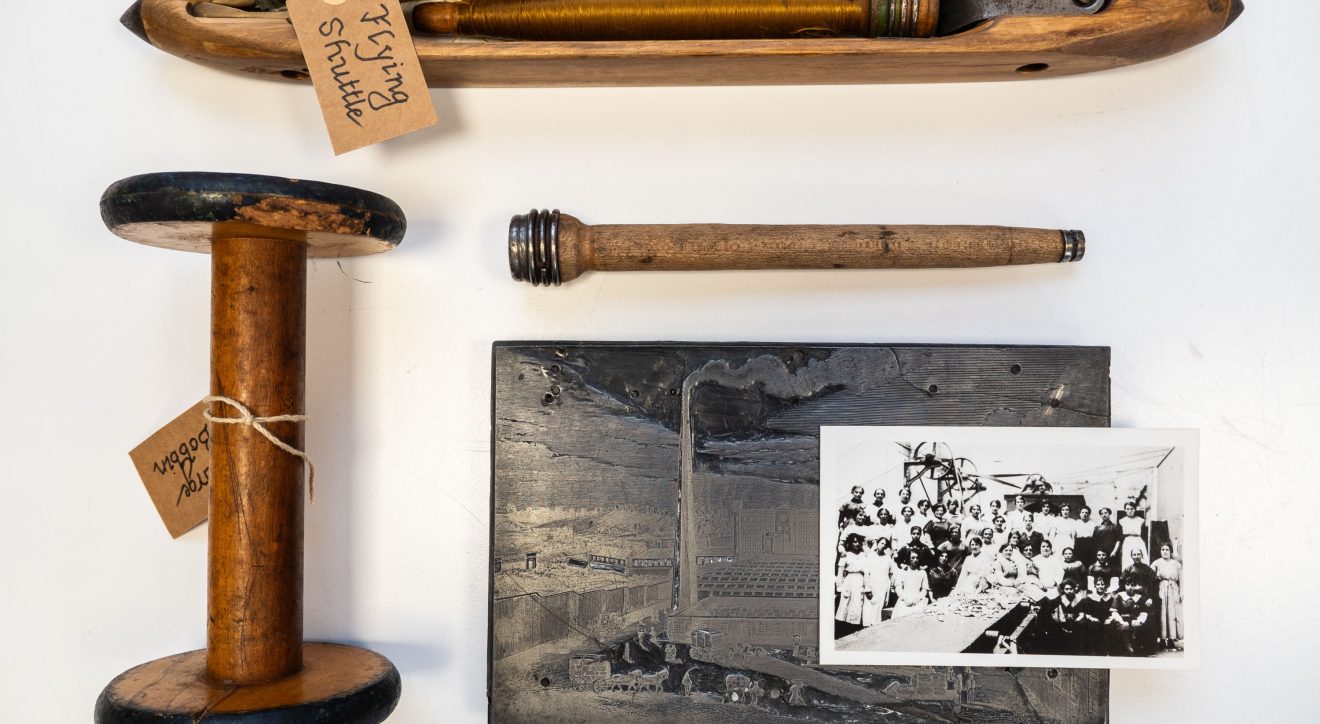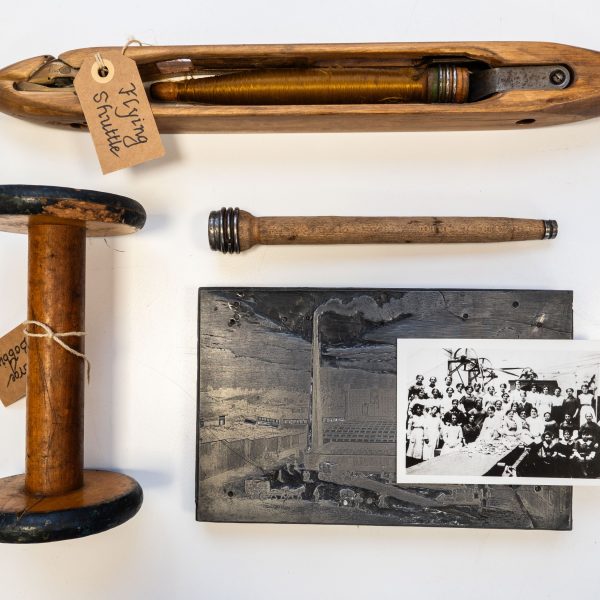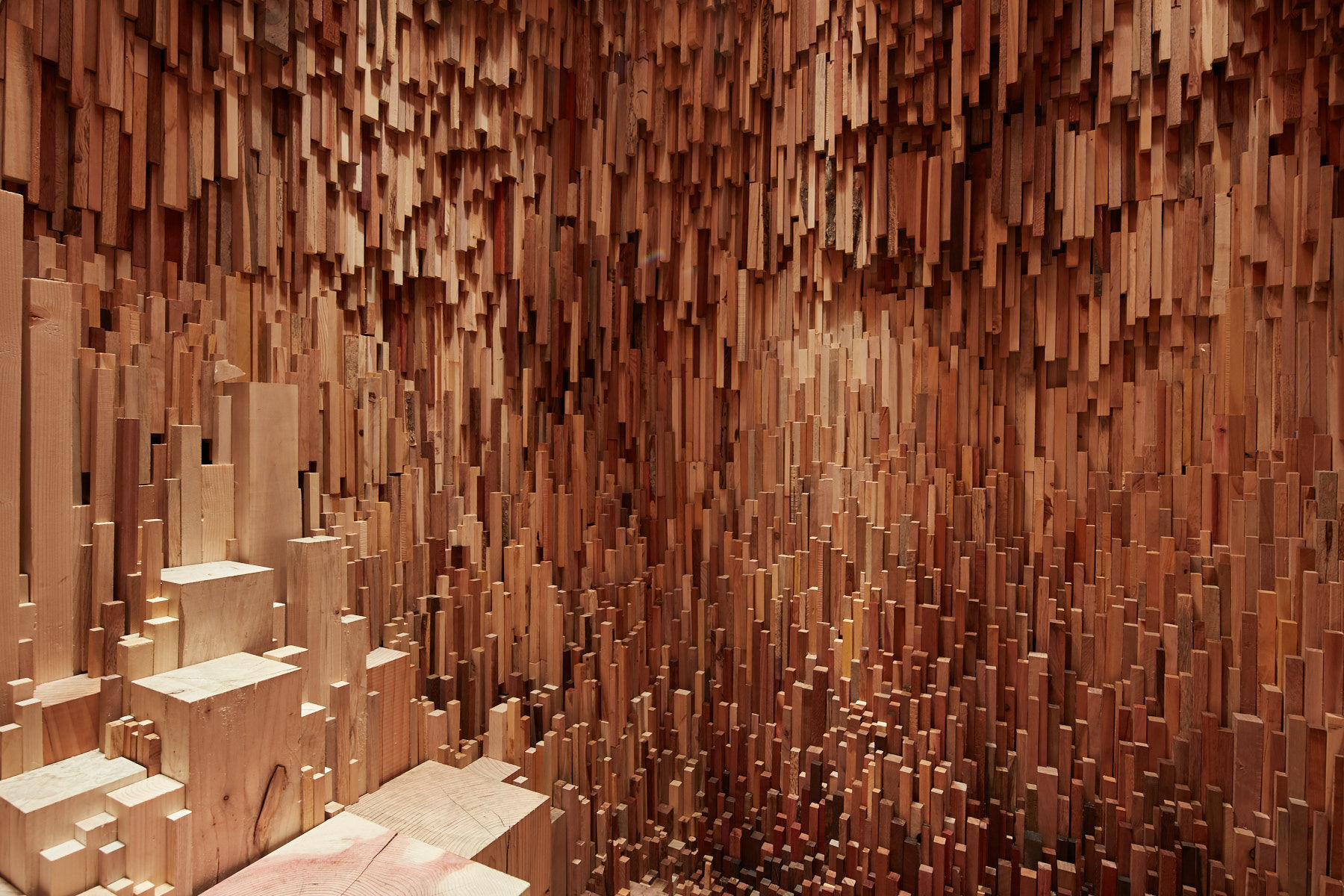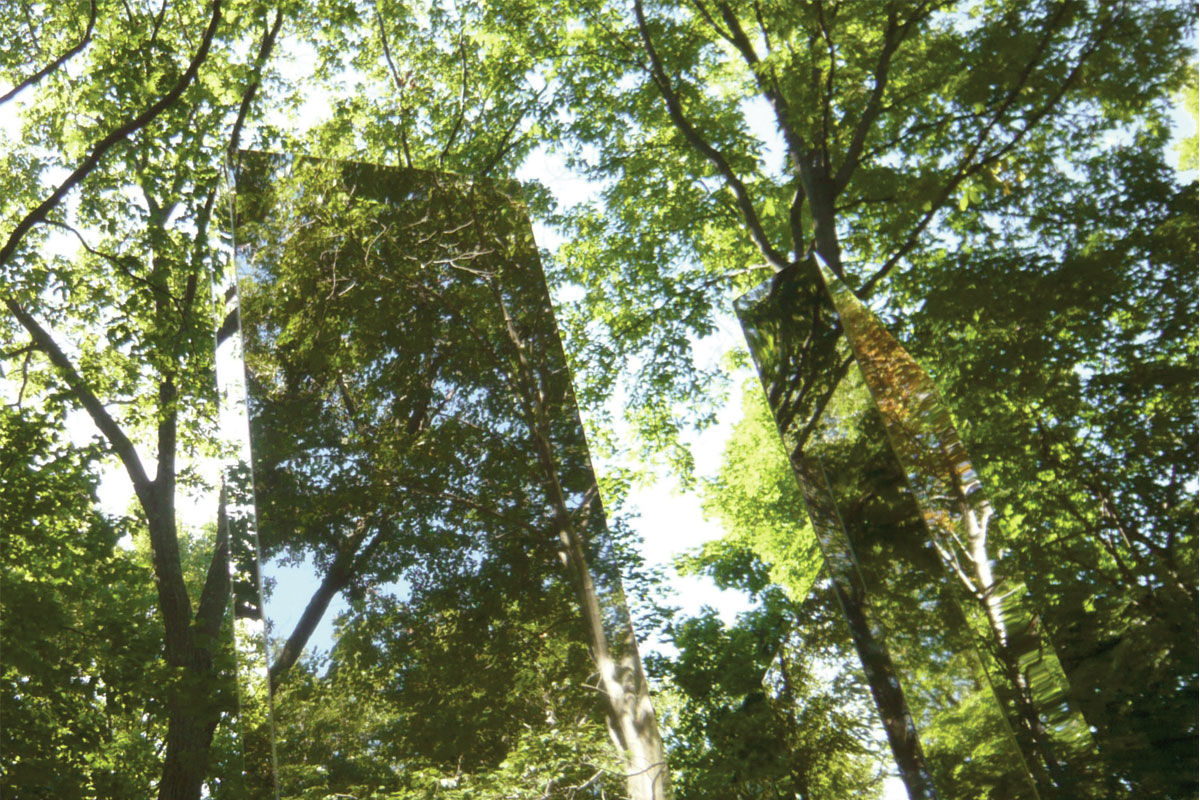
2024
Work in Progress: Exhibition from University of Bristol public art programme Charting Change
Synopsis
Local people are invited to Work in Progress, an exhibition later this month exploring the industrial history and current developments of the University of Bristol’s new Temple Quarter Enterprise Campus [TQEC] through interactive sculptures, photography and free workshops.
This exhibition is the first event in the public art programme Charting Change, a two-year public art commission exploring the industrial histories of the site of the new campus alongside its technological futures supported by the Contemporary Art Society *Consultancy.
Throughout the commission Lead Artist Ellie Shipman is working alongside Programme Artist Jack Stiling to connect with local people and civic partners to co-develop a series of artworks and events, which in turn will inform Ellie’s design of a permanent textile artwork in the new campus once it opens in 2026.
The exhibition is in collaboration with Barton Hill History Group, run by Garry Atterton. Ellie has been attending the group’s Memory Cafes to learn more about local history, and as part of the exhibition programme Garry has contributed objects from local industry and will be hosting a reunion of women workers from the Great Western Cotton Factory and Chappell Allen Corset Factory, both huge employers in Barton Hill still within living memory.
The exhibition takes place at St Anne’s House, St Anne’s Road in Brislington from Thursday 21 to Saturday 23 November, 10am – 4pm with a late opening 6 – 8pm on Thursday 21 November.
Join free community coffee mornings, events for women in research, sew a textile banner and see interactive sculptures activated! Details of the full programme are available here, including timings of events. Entry is free and all ages are welcome.
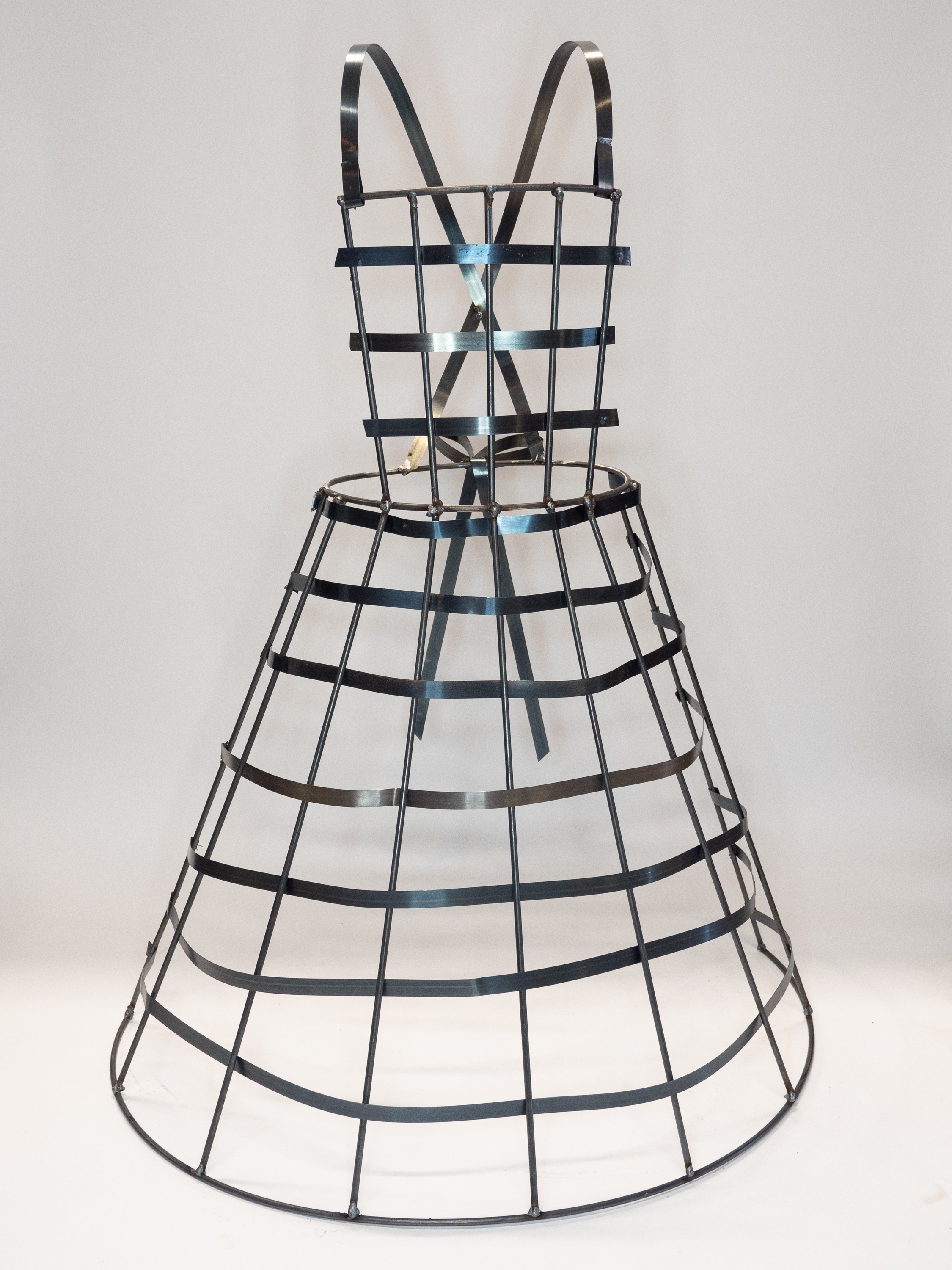
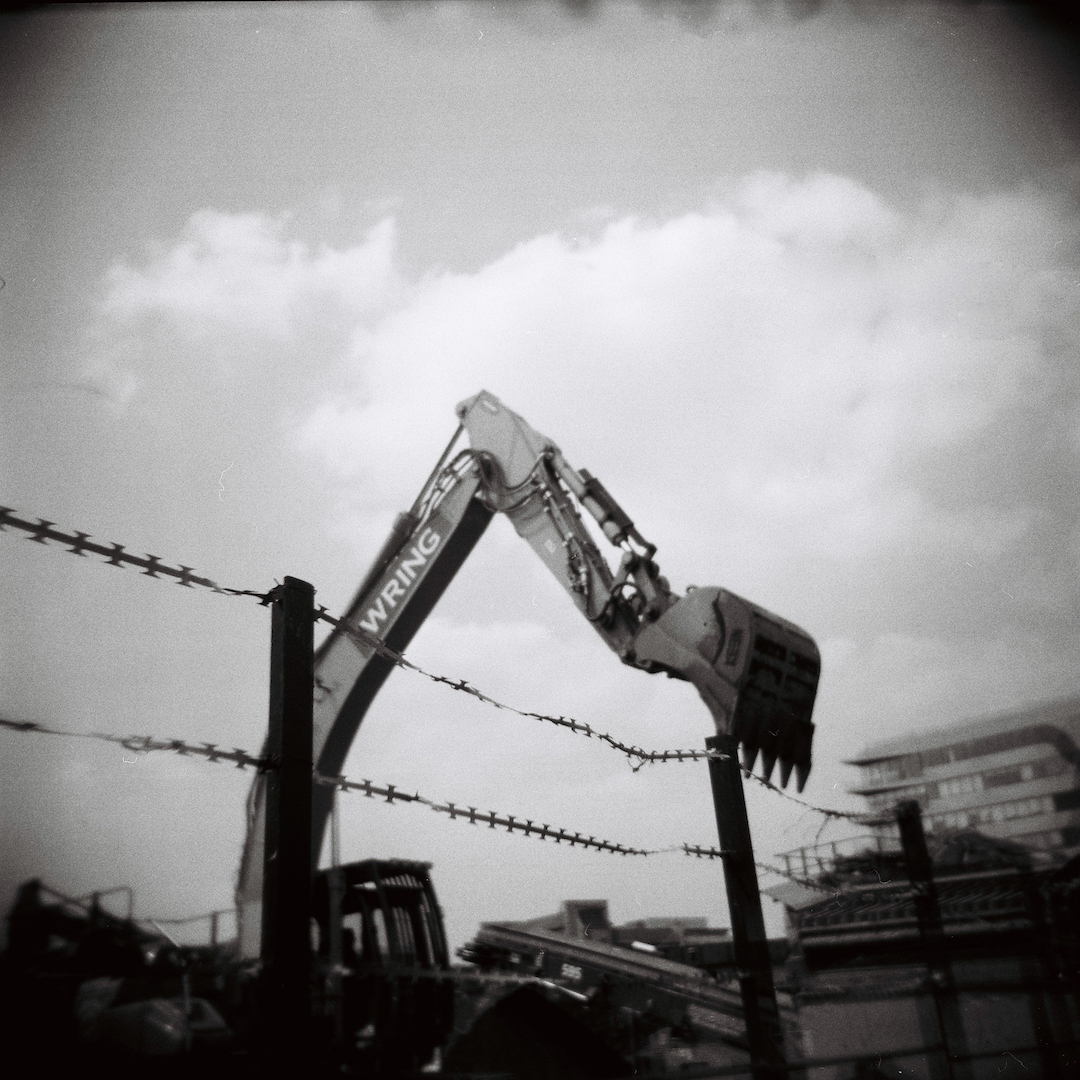
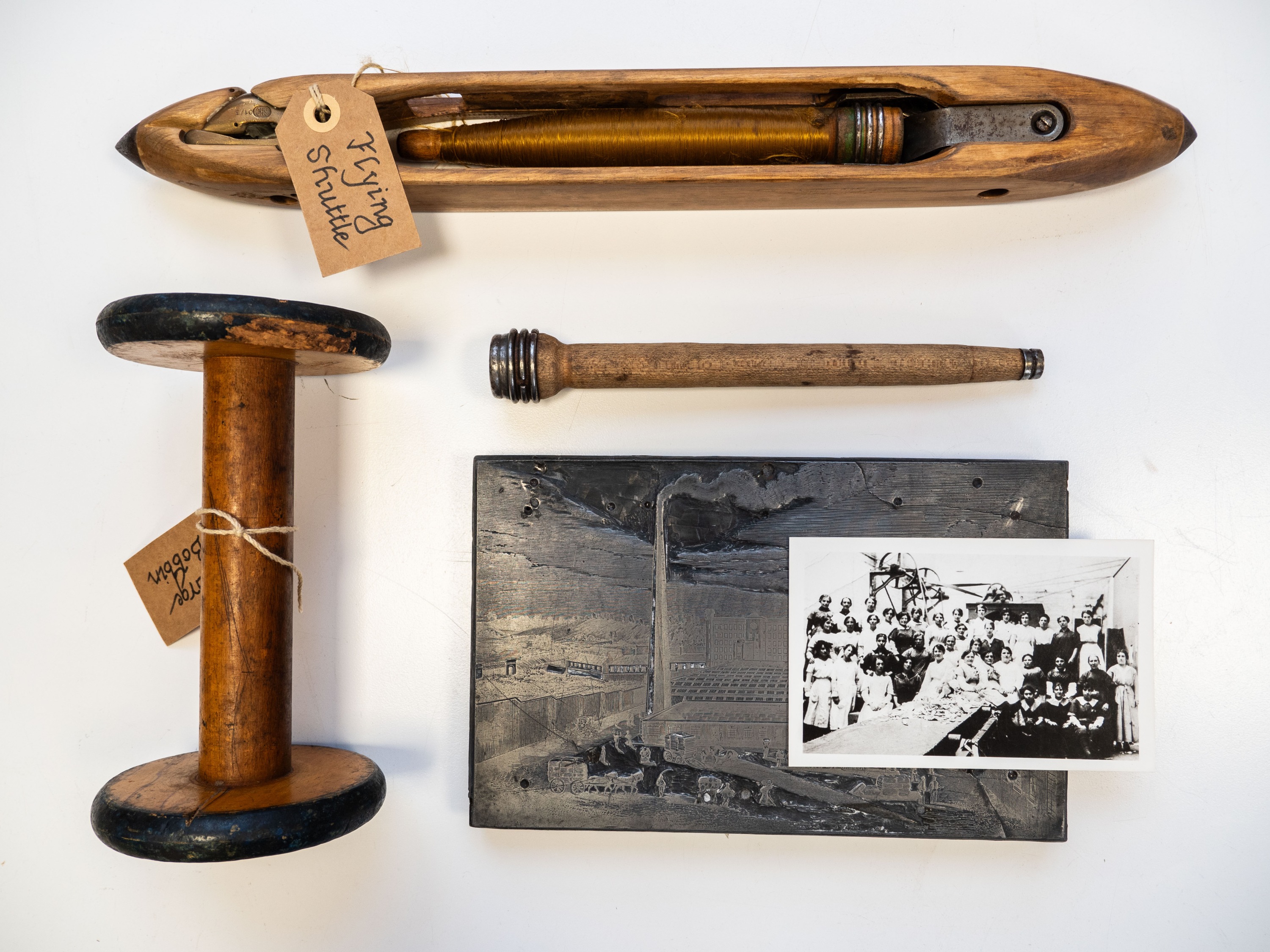
"The show will feature patterned textiles as I develop the design for the public artwork, as well as sculptures such as Not Working, 2024, a metal apron made using waste from the construction site to speak to the hidden labour of women who shaped the industry of East Bristol. To chart the change of a rapidly developing area with a complex history is a challenge, but this exhibition is an invitation to join the conversation, reflect on change, connect with community and play as we go.”Artist Ellie Shipman
Programme
The exhibition is open 21 – 23 Nov, 10am to 4pm and supported by the following events:
Thurs 21 Nov 10am to 12noon: Community Viewing
A free coffee morning for local community groups and residents.
Thurs 21 Nov 12noon to 12:30pm: Playable Sculpture
Join artist Jack Stiling to activate his playable digger-arm sculpture.
Thurs 21 Nov 2pm to 4.30pm: Women Workers’ Reunion
An afternoon with Barton Hill History Group bringing together women who worked in local industry, with talk from Jen Grove on the history of the Chappel Allan Corset Factory.
Thurs 21 Nov 6pm to 8pm: Late Opening
Join us for a late exhibition viewing and drinks at the Bricks bar!
Fri 22 Nov 10am to 12noon: Women in Research Networking
A networking event for University of Bristol women in research (students welcome too) – bring an image from your research to connect with others over coffee and inform the artwork.
Book your place: bit.ly/4evOxm0
Fri 22 Nov 12noon to 12:30pm: Playable Sculpture
Join artist Jack Stiling to activate his playable digger-arm sculpture.
Fri 22 Nov 2pm to 4pm: Banner Making Workshop
Drop in to sew a banner with artist Ellie Shipman to honour women’s work – in your own life, history or research.
Sat 23 Nov 10am – 4pm: Exhibition open
“Work in Progress reveals our first explorations of the site and its history: from Jack’s atmospheric photographs of the changing site, to his playable digger-arm sculpture Groundwork, 2024, which you can use to scoop the earth around it."Artist Ellie Shipman
Further Reading:
An exhibition from Charting Change, a two-year public art commission led by artist Ellie Shipman for the University of Bristol’s new Temple Quarter Enterprise Campus.
WORK IN PROGRESS speaks to all kinds of work in progress – from creatively responding to the evolving construction site of the new campus; to exploring the work in progress of how we work – and how far we still have to come in recognising who shaped local industry historically, to who is shaping community and research now and in future.
These themes are reflected on through temporary artworks by Charting Change Lead Artist Ellie Shipman and Programme Artist Jack Stiling in collaboration with Barton Hill History Group who have contributed historical artefacts and research which have shaped the sculptural responses.
To chart the change of a rapidly developing area with a complex history is a challenge, but this exhibition is an invitation to join the conversation, reflect on change, connect with community and play as we go.
Ellie Shipman is a visual and participatory artist based in Bristol. Ellie studied BA Fine Art at Chelsea College of Art, UAL (2008 – 11) and MSc Sustainable Development at UWE (2015 – 16).
Ellie is interested in what it is to be a womxn; the experience of birth and new m/otherhood as well as notions of community; sustainability and hidden or unacknowledged labour. These themes are explored, shared and reflected on through multimedia artworks using found objects, textiles, pattern, collage and installation. Works are often site specific, participatory or interactive – including people in research, process and product.
Ellie is the Lead Artist on Charting Change, a two-year public art commission for the University of Bristol consisting of a programme of workshops, events and temporary artworks with Programme Artist Jack Stiling and visiting artists. The process will inform her design of a large textile public artwork in the university’s new Temple Quarter Enterprise Campus opening in 2026.
Through Charting Change Ellie is exploring how womxn have shaped the industrial history of Barton Hill, St Philips and The Dings, inviting the public to share their stories and take part.
Jack’s background as a self-taught inventor and mechanic led his practice to a BA Contemporary Crafts course in Falmouth where he began making automata and tactile art, learning further from local artists through friendships and apprenticeships.
By collecting waste and unwanted objects from local streets, he is exploring how used objects and materials carry voiceless stories and undertones and how these can be used to communicate actual and fictional narratives. His aim is to make art that invites imagination, participation and play to allow a fresh perspective on the everyday.
An observer of the ever changing city, he has been capturing the process of recent large-scale demolition and construction, discovering the history of old sites and collecting opinions on its regeneration from those there now.
Within the boundaries of the building sites lurk the lumbering machines of progress, their operators hidden by the sheer scale of the place despite high-visibility clothing. Jack’s sculptures look to hand the controls of the machines of progress to local residents and workers alike, to see what it can do to change one’s perspective.
Barton Hill History Group were founded in 1983 in The Swan Pub. Since then, they have produced an incredible number of projects, events, exhibitions, books, podcasts and memory cafes exploring, gathering and sharing the fascinating history of Barton Hill with local residents and the wider public.
For this exhibition we have partnered with BHHG to bring the history of women in industry to life, coinciding with their own current project Women That Made Barton Hill.
Contact Garry Atterton: garryatterton@hotmail.com
facebook.com/bartonhillhistorygroup / bhhg.co.uk
